Supplements
Vegetarian? Of course you can, but pay attention to the nutritional balance
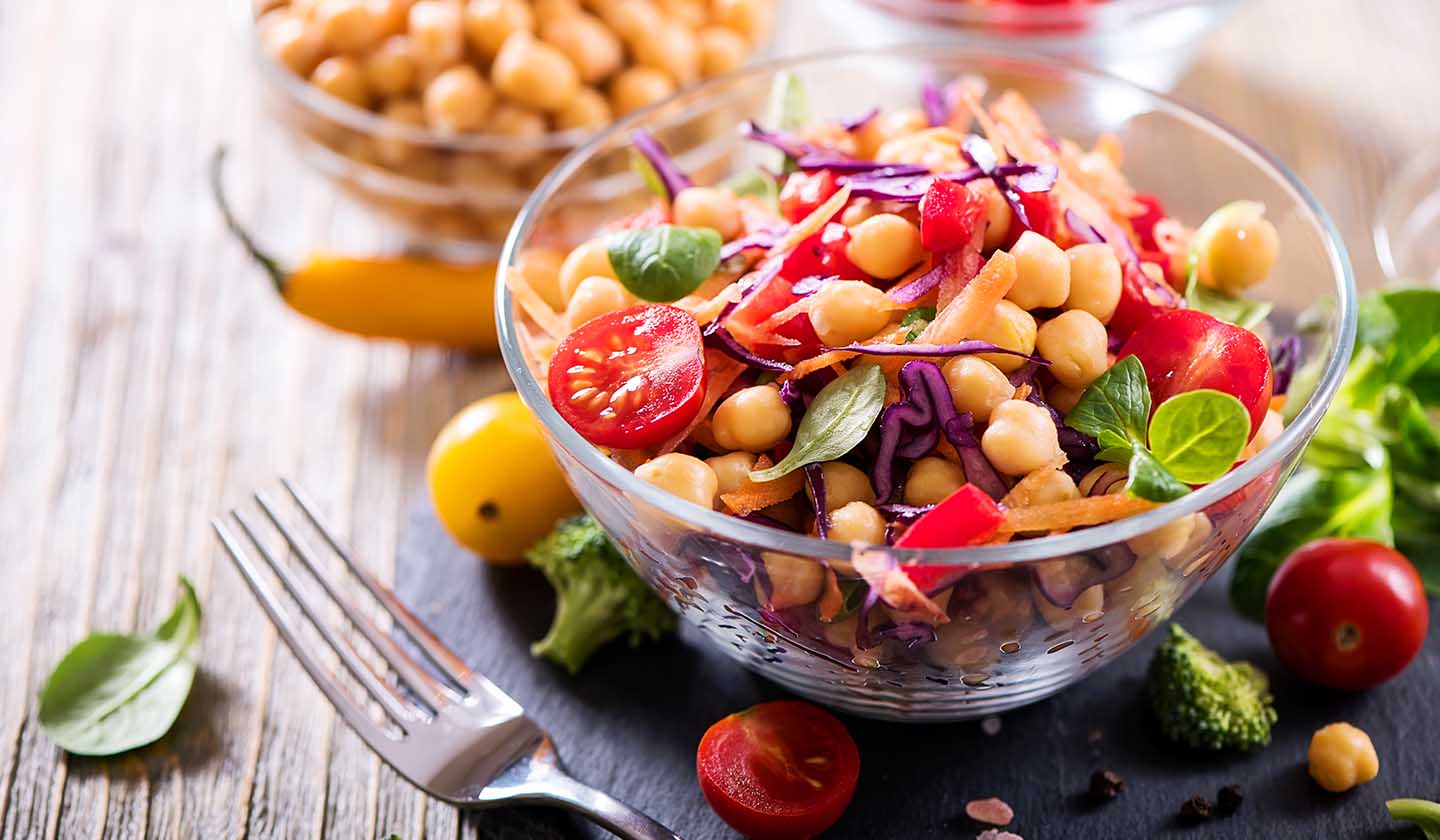
The interest in vegetarian diets has been increasing over the last years, either due to health issues, or due to environmental and animal well-being issues.
When adopting a vegetarian diet, meals should be planned with the help of a health professional to ensure the appropriate intake of some nutrients and, thus, prevent nutritional deficiencies.
A vegetarian diet implies the appropriate intake of some nutrients, namely:
- Vitamin B12;
- Vitamin D;
- Iron;
- Calcium.
The vegetarian diet can be perfectly implemented without nutritional supplements. Certain foods should be privileged to ensure the intake of nutrients that are essential to the correct functioning of the organism.
However, it may be necessary to use nutritional supplements in order to meet additional nutritional needs.
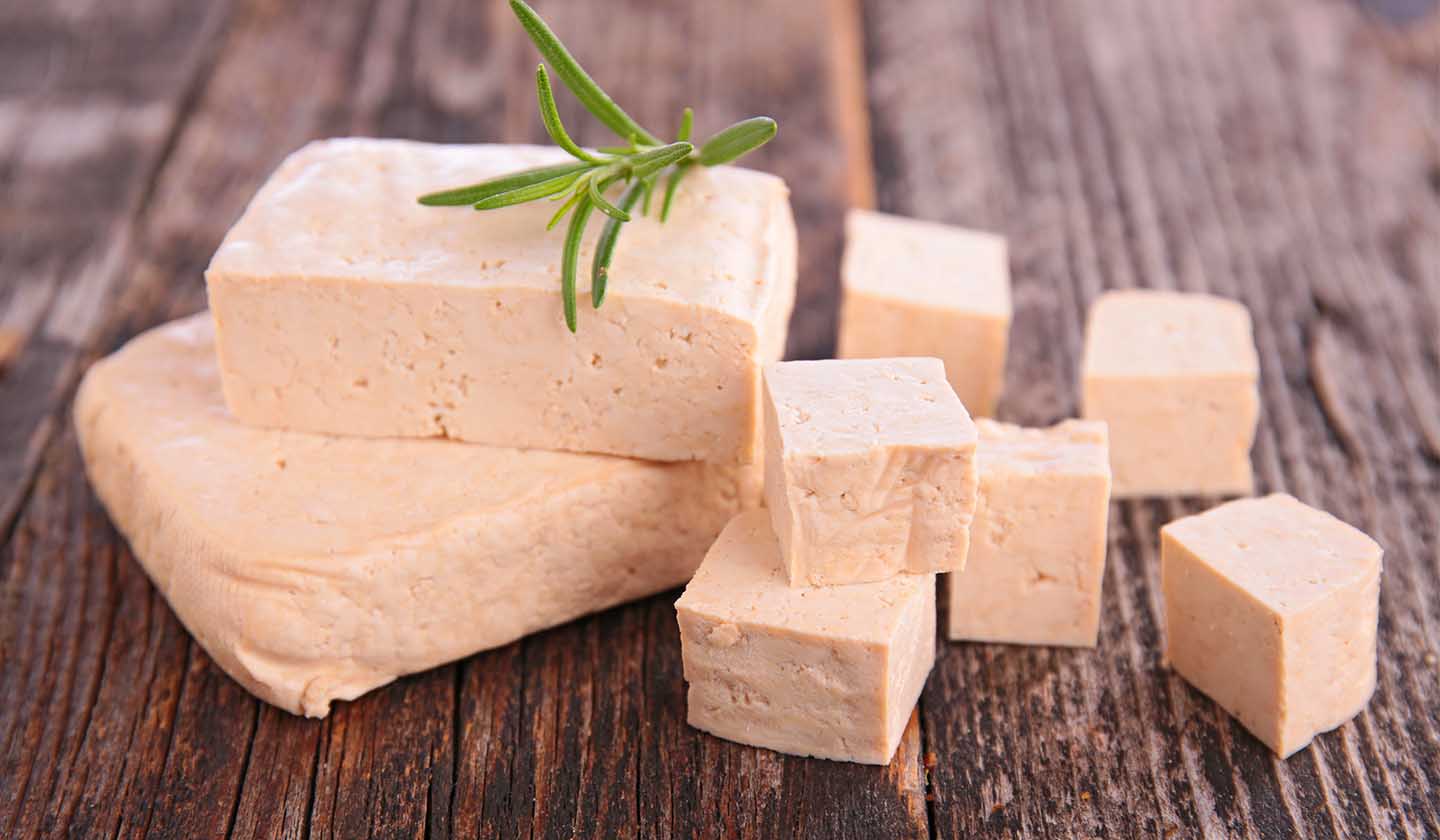
Vitamin B12
Vitamin B12, cobalamin, involved in the production of red blood cells, is only found naturally in foods from animal sources, because plants do not synthesize it.
In the ovo-lacto vegetarian diet, the acquisition of this vitamin occurs through the adequate intake of eggs, milk, and dairy products.
Given the fact that plant origin products rarely contain vitamin B12, the latter should be obtained through the intake of fortified foods (such as tofu, vegetable drinks and ”yogurts”, nutritional yeast), green leafy vegetables or supplementation.
In case of supplementation with vitamin B12 food supplement to meet the needs of this particular vitamin, one should take:
- 5 to 10 micrograms of vitamin B12 every day, or;
- 1000 micrograms of vitamin B12 three times a week, or;
- 2000 micrograms of vitamin B12 once a week.
Nutritional supplements can be found in tablets.
Vitamin B12 supplementation should not be made only with the purpose of treating vitamin deficiency, but especially to help maintaining bodily reserves.
Since nutritional needs are individual and unique, a medical evaluation is always necessary.
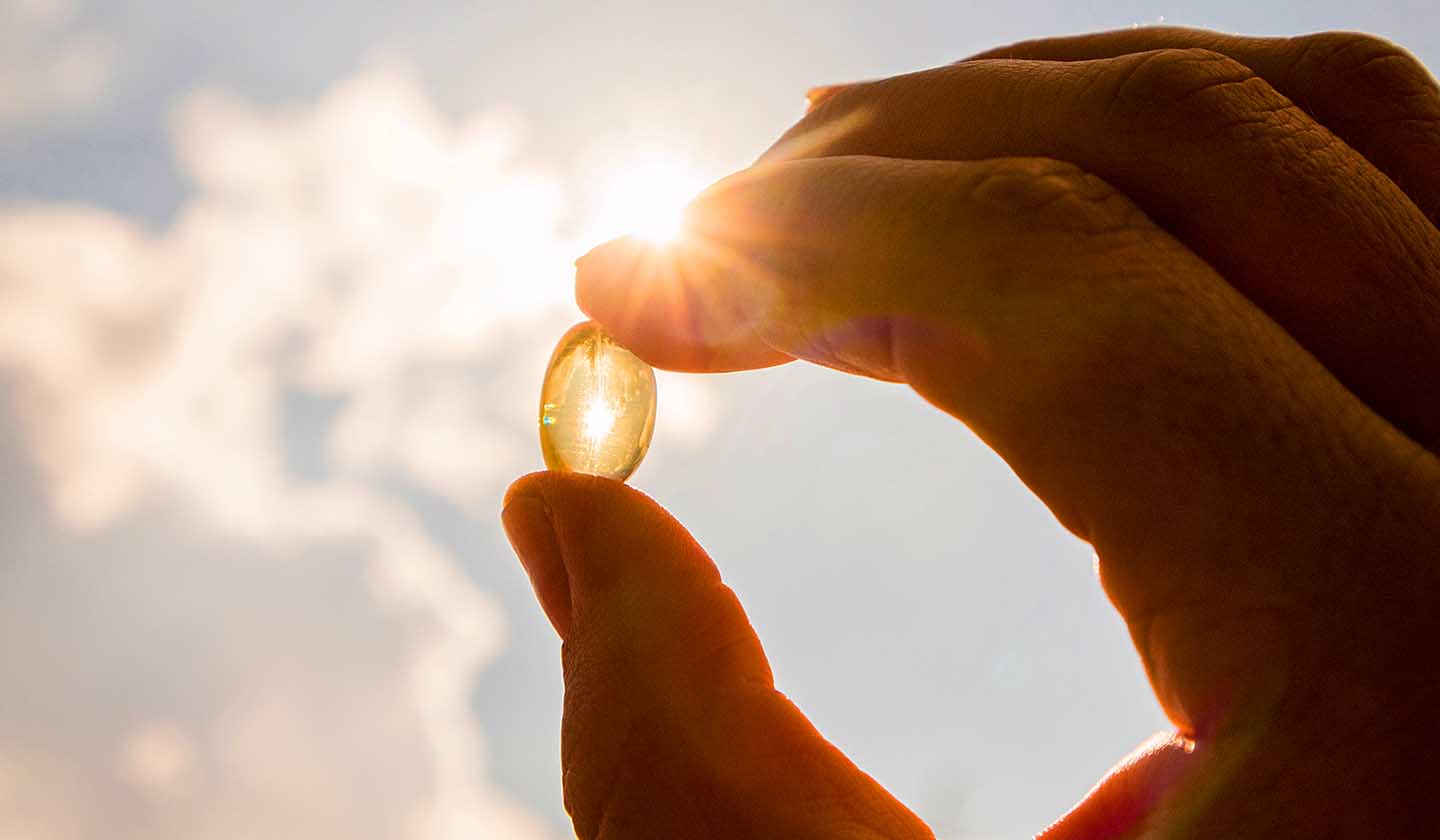
Vitamin D
Essential to maintain healthy bones and to strengthen the immune system, the main source of vitamin D is sun exposure which promotes its production by the human body.
There are two main forms of vitamin D, vitamin D2 (ergocalciferol) of plant origin (with mushrooms being the main source) and vitamin D3 (cholecalciferol) of animal origin (it can be found in salmon, tuna, and egg yolk).
If the levels of this vitamin are low, supplementation or the intake of fortified foods can be beneficial during winter months.
In cases of supplementation, the recommended dose is 5 to 10 micrograms per day.
Fortified foods appropriate for vegetarian: vegetable drinks and margarines.
Vitamin D nutritional supplements can be found in sachets and capsules.
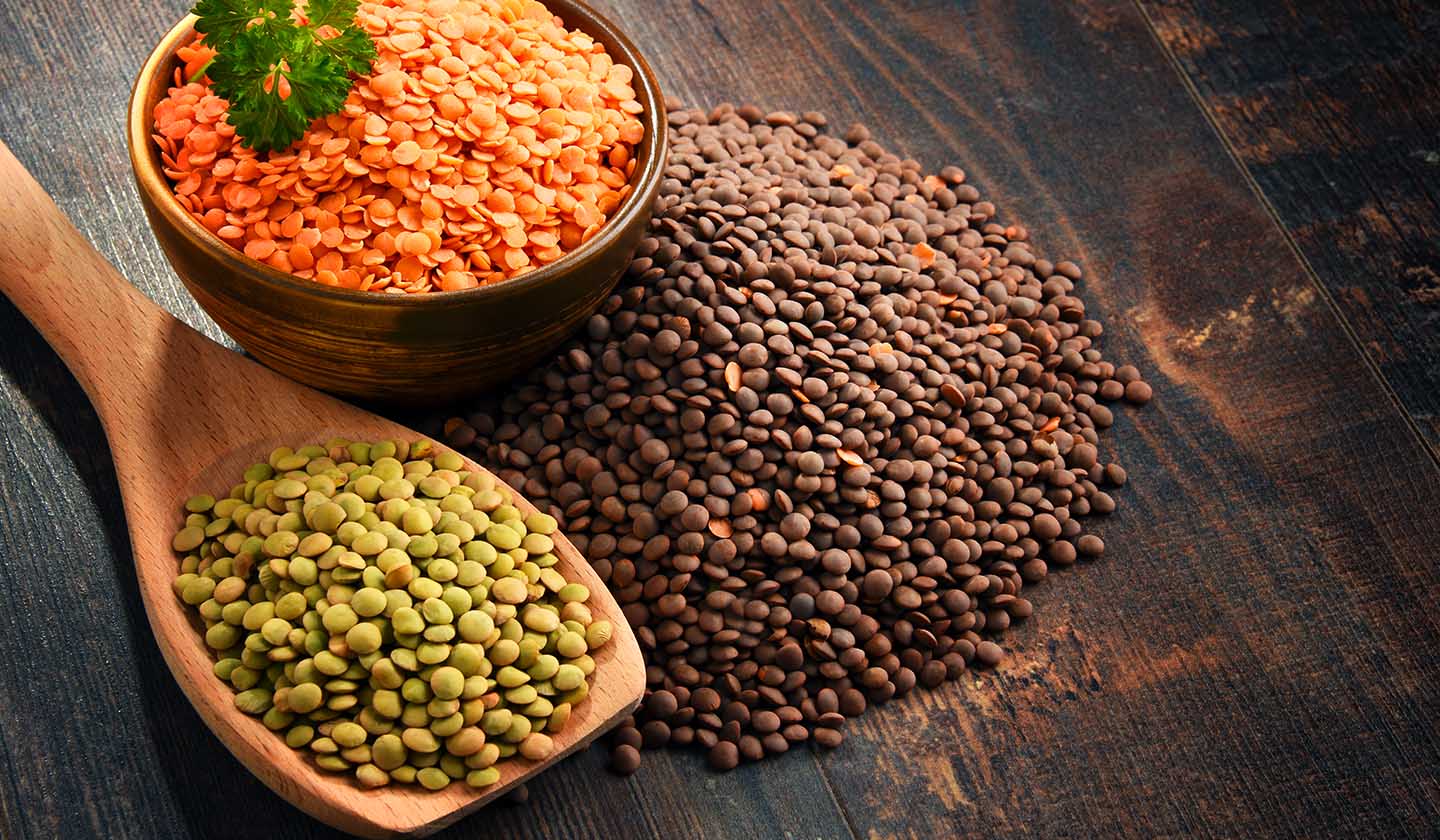
Iron
Iron is critical for human health and it exists in two forms: haem and non-haem. Haem iron, which can be found in foods of animal origin, is more easily absorbed than non-haem iron, which can be found mainly in foods of plant origin.
For this reason, if there is no monitoring by a healthcare professional, iron deficiency can occur.
Give preference to iron-rich foods suitable for vegetarians: grain legumes, wholegrain cereals, leafy dark green vegetables (spinach, cabbage), soy, tofu, tempeh, and lentils. In the ovo-lacto vegetarian diet, eggs are an iron source.
Some tips to improve iron absorption:
- Soak grain legumes, grains, and seeds for, at least, 8 hours;
- The intake of vitamin C during the same meal, either by food (citrus fruit, tomato, strawberry) or supplement, favours the type of iron found in vegetables;
- Do not consume calcium, or calcium-rich foods, tea, coffee, and cocoa during meals, as they contain phytate and polyphenols, which can reduce non-haem iron absorption by the human body.
Keep in mind that:
Iron deficiency in vegetarians, as well as in non-vegetarians, cannot be corrected only through food consumption. This deficiency must be treated with drugs under the guidance of a healthcare professional.
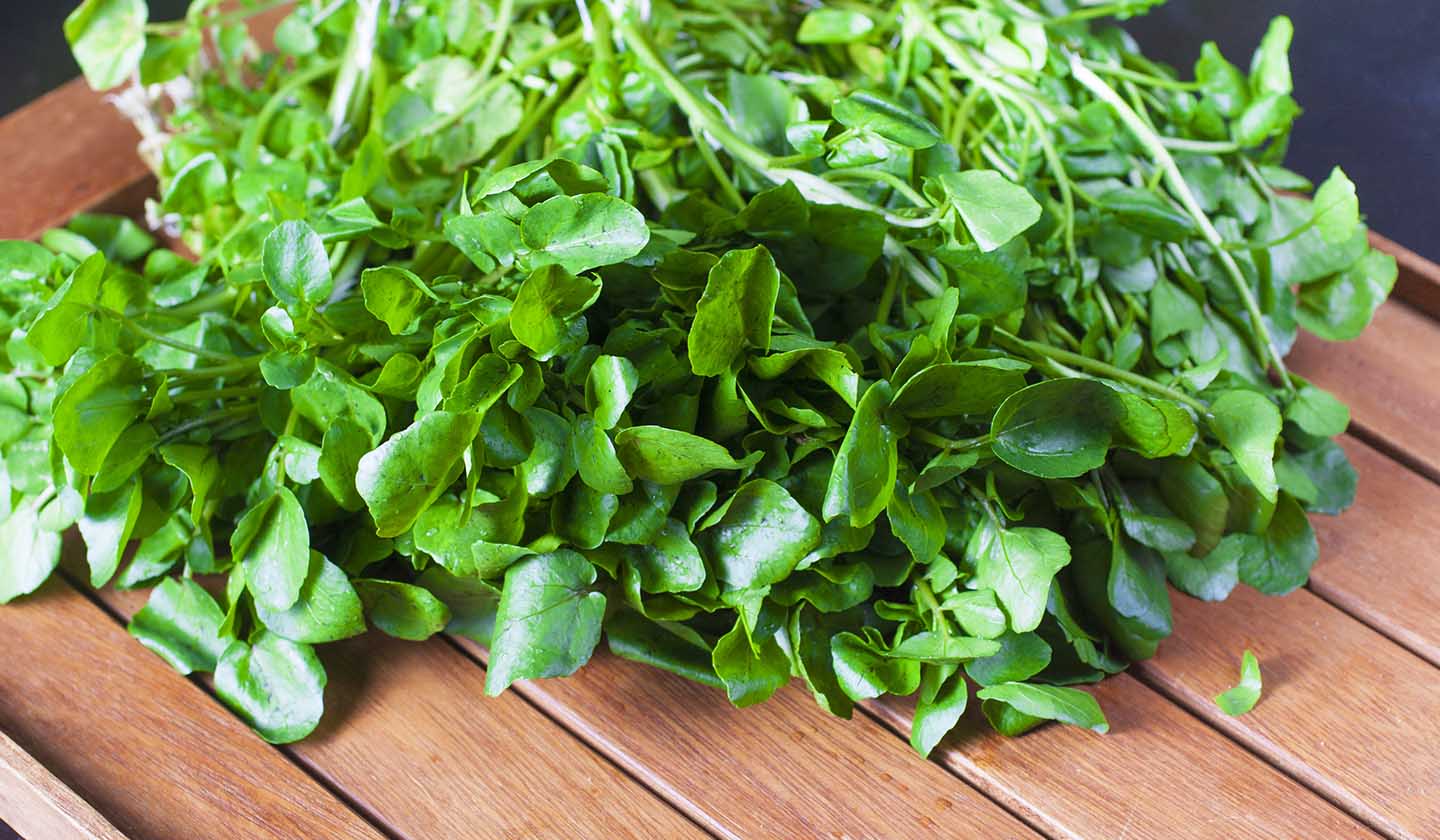
Calcium
In the ovo-lacto vegetarian diet, calcium is obtained through the intake of dairy products.
However, in a strictly vegetarian diet, calcium intake can be lower and thus, calcium-rich foods of plant origin should be privileged (such as watercress, Portuguese kale, arugula, turnip greens, white beans, oleaginous fruits or fortified foods (tofu, vegetable drinks, vegetable “yoghurt”).
Leafy dark green vegetables are a healthy calcium source.
Some tips in choosing nutritional supplements for vegetarians
- Verify if the food supplement contains animal origin ingredients (for instance, albumin, animal fat, casein, carminic acid (E120));
- Consume vitamin D2 supplements (ergocalciferol) of plant origin.
Sources
iSaúde
Farmácia Distribuição Magazine
Também lhe poderá interessar
Prevention






